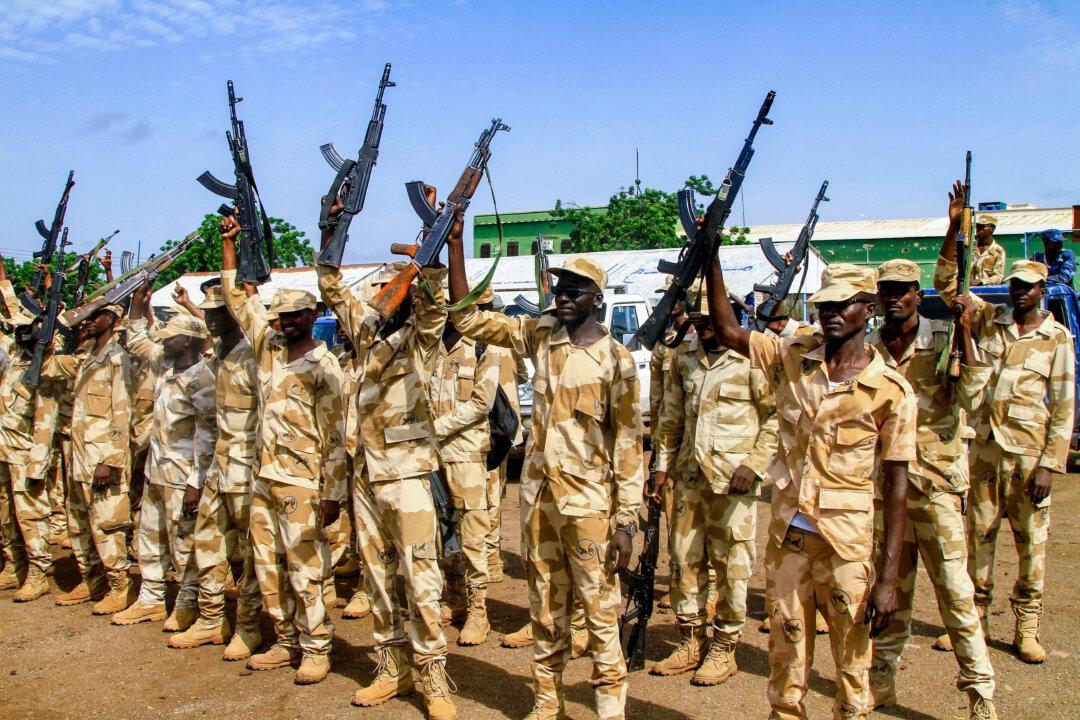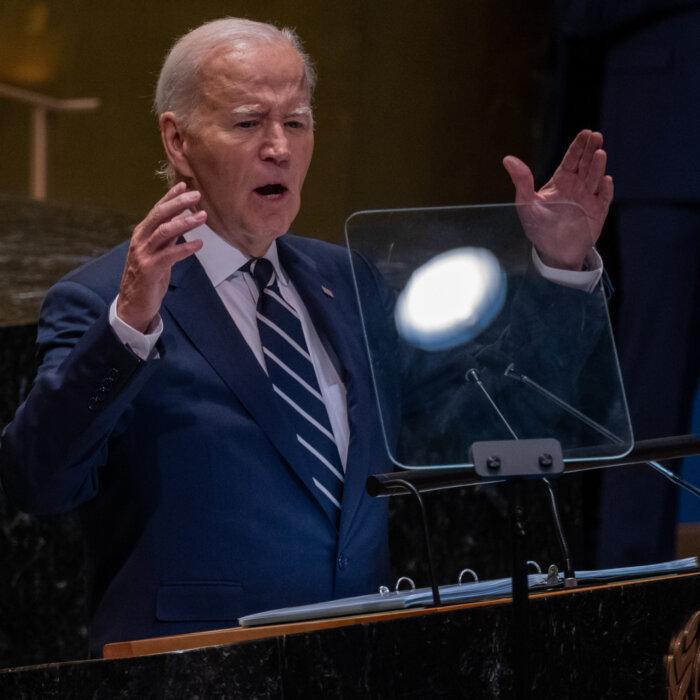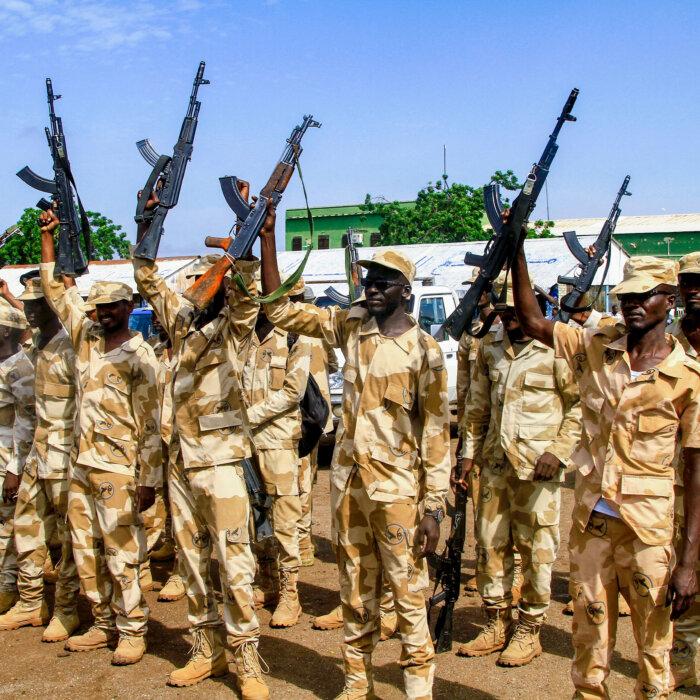Sudan’s army launched artillery and airstrikes in Khartoum on Thursday in its biggest operation to regain ground in the capital since the early days in its 17-month war with the rebel Rapid Support Forces (RSF).
The push by the army, which lost control of most of the capital at the start of the conflict, came ahead of an address by its commander, General Abdel Fattah al-Burhan, at the U.N. General Assembly in New York.
Burhan said any peace efforts depended on the RSF laying down its arms.
Without specifying, he said nations were backing the RSF with men, money, and weapons, but that the army was “proceeding to defeat and dislodge these aggressors, no matter how much assistance and support they find.”
In the capital, witnesses reported heavy shelling and clashes as army troops tried to cross the Nile bridges that connect the three cities that make up the greater capital: Khartoum, Omdurman, and Bahri.
Video footage showed black smoke rising above the capital, with the sounds of the battle audible in the background.
Army sources said their forces had crossed bridges in Khartoum and Bahri. However, the RSF told Reuters it had thwarted the army’s attempt to cross two bridges to Khartoum.
These accounts have not yet been independently confirmed.
Though the army retook some ground in Omdurman early this year, its reliance on airstrikes and artillery has made rooting out the RSF, which has embedded itself in parts of the capital, difficult.
The RSF also made advances in other parts of Africa’s third-largest country in recent months in a war that has displaced more than 10 million people, driven parts of the country to famine, and drawn in foreign powers that have supplied both sides with material support.
A cholera outbreak, which was officially declared in August, has further immiserated the population and claimed hundreds of lives, according to official figures.
Diplomatic efforts to end the fighting in the country have come to naught, with the army refusing to attend talks last month in Switzerland.
RSF leader Mohamed Hamdan Dagalo, in a recorded speech to the U.N. General Assembly, released just after Burhan spoke, repeated previous pledges that his force was open to a nationwide cease-fire that would allow delivery of aid.
Despite Dagalo’s words, however, the RSF has continued its own offensives this month, intensifying its siege of al-Fashir, the capital of North Darfur state in western Sudan.
Al-Fashir is the last holdout of the army and its former rebel allies across the wider Darfur region, where the United Nations and human rights groups say the RSF and its allies have conducted ethnically targeted violence.
The U.N. human rights office said on Thursday it had documented summary executions, sexual and gender-based violence, and abductions of women and young men in al-Fashir, in addition to rising civilian casualties.
“From bitter past experience, if al-Fashir falls, there is a high risk of ethnically targeted violations and abuses, including summary executions and sexual violence, by the RSF and allied militia,” U.N. Human Rights chief Volker Turk said.
The RSF has denied this.
The U.N. Security Council and secretary-general have also demanded an end to the siege of al-Fashir, home to more than 1.8 million residents and displaced people.
The war began when tensions between the RSF and the army, who had been jostling for position ahead of an internationally backed transition to civilian rule, erupted into open conflict in 2023.
The army and the RSF had previously shared power after staging a coup in 2021, two years after veteran autocrat Omar al-Bashir was toppled in a popular uprising.







